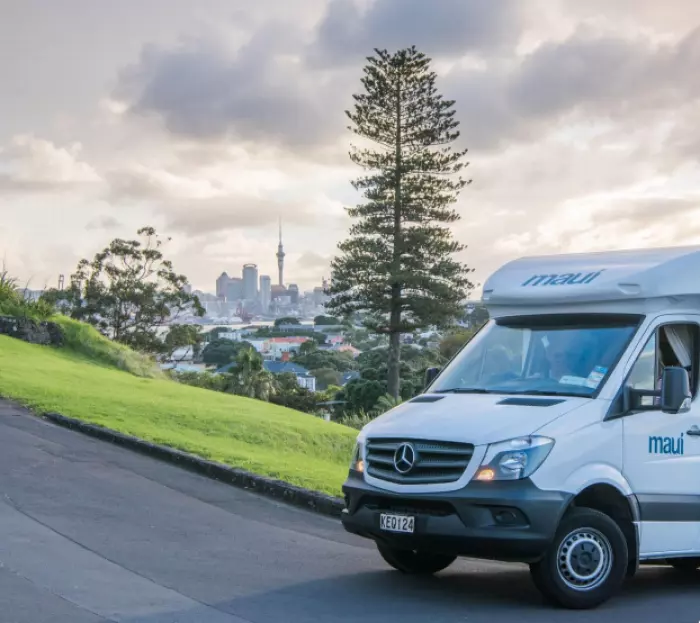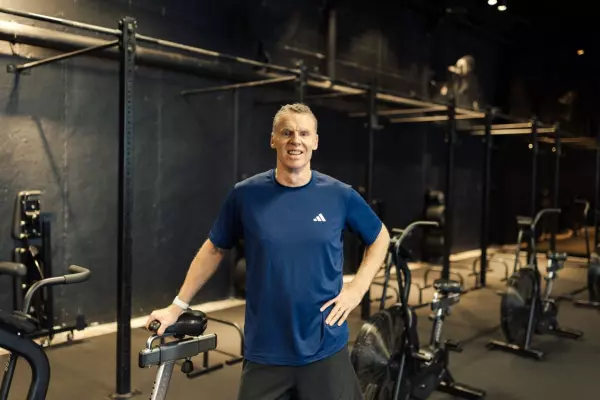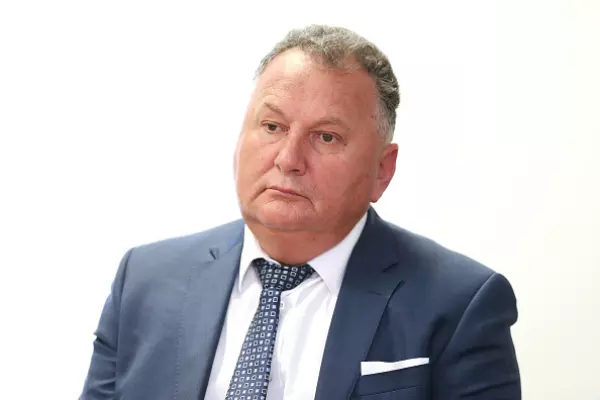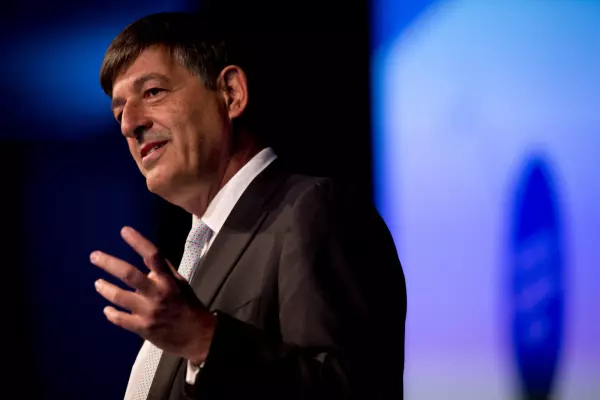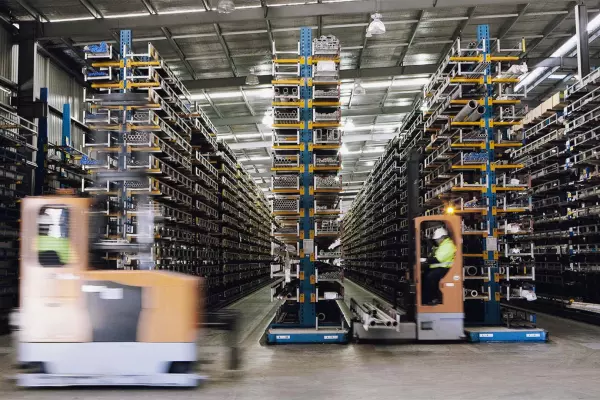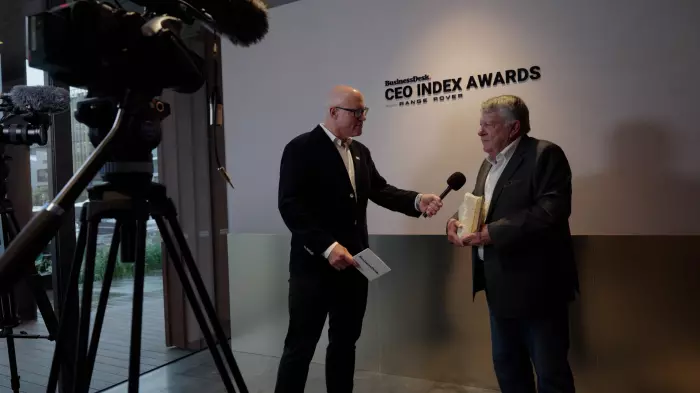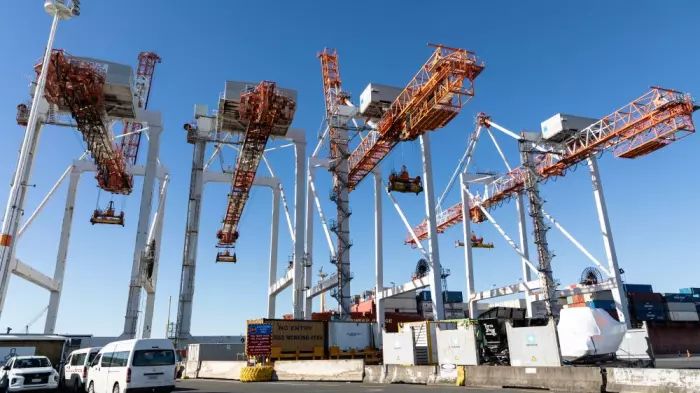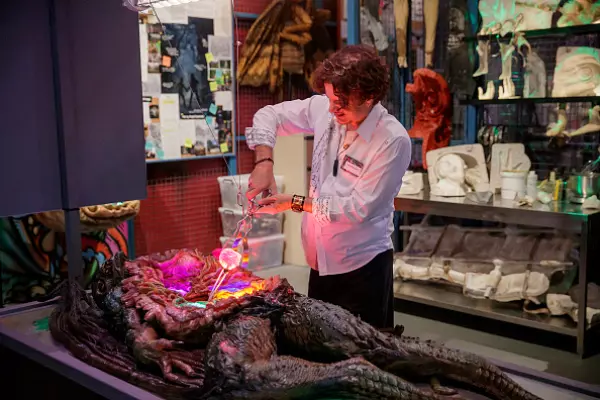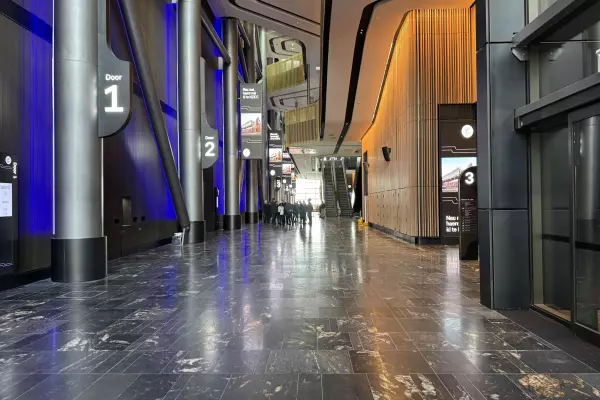Tourism Holdings says it has “tidied, reviewed, refocused and refreshed” across all areas of its business over the past year and believes it's well set up for the future – looming recession or not.
It was chair Cathy Quinn’s first meeting as chair and a “momentous” one for Tourism Holdings, she said when she opened the meeting.
“Not only have we reached significant milestones on the Apollo transaction, we believe, with a degree of caution, that the covid-19 pandemic impacts are now in the rear-view mirror for tourism on a global basis,” she told shareholders.
She said the proposed merger would be a “historic moment” for the two companies from both a growth and resilience perspective and THL understood that the merger was one of the longest successful processes with the Australasian regulators.
“There are lessons for us, and also for the regulatory bodies, to improve processes to provide timely certainty to businesses,” she said.
Lead balloon
The THL board easily answered the few questions shareholders had about possible diversification for the company and how equipped THL was going to be to deal with a possible recession.
One shareholder told the board he had brought up the subject of diversification in a THL meeting several years earlier – which “went down like a lead balloon”.
He said the pandemic had given the companies the chance to learn throughout the pandemic when many companies needed “transfusions” of public funds to keep on going.
“The specialisation of THL does make it much more competitive,” he said. “On the other hand, diversification – and maybe extinction.”
Tourism will always be discretionary spending, he said, it was possible the public wouldn’t be able to help so much in the future.
Maybe there's a capacity to learn and diversification will be listened to,” he said. “Something like going into used car trading in the US would have synergies and not depend to any great extent on tourism.”
Quinn said THL had already considered other forms of diversification and pointed to how during the pandemic, some of the company’s vans had been converted into mobile “jabber minibuses” and during the Australian floods had supported flood victims.
“We see that emergency support and support to government agencies and some of the things they do is a very sensible part of the business too,” she said.
“We don't see that going away as tourism rebounds.”
Another shareholder asked the board what action they were planning to take around a possible recession because while THL had painted a “rosy picture” about surviving covid-19, it hadn’t laid out how it would survive a possible recession.
“I don't see tourism picking up that fast because of world inflation everywhere,” he said. “So how will you propose to tackle that front?”
In reply, Quinn said while there were challenges, THL was very well positioned.
Chief executive Grant Webster agreed. “We’re seeing demands into 2023, despite the pricing, despite inflation,” he said.
“We would acknowledge that there is a group of travellers that may not have the discretionary income to travel, but we do see long travel as one that is in the higher wealth group.”
What’s next?
The merger is a big one. Quinn said while there remained “other conditions” to the proposed merger to be satisfied, clearance from the NZ and Australian competition regulators was considered the most significant.
The business was planning to meet all the regulatory obligations around the transaction by the end of November.
And although the primary focus will be successfully integrating THL and Apollo, THL would continue to be looking for further growth opportunities, she added.
This had set up the Australian business to deliver record earnings before interest, taxes, depreciation, and amortisation (Ebit) result at the end of the 2023 financial period.
From a group perspective, the board still expected the 2023 financial year net profit after tax to be above $30m, as forecast in September.
Webster told BusinessDesk that THL hadn’t seen the flow-through of holiday and work visas yet that the government has promised was coming but expected them to start flowing through soon.
Every person coming into the country on a holiday or work visa played a “critical” part in boosting NZ's economy, he said, regardless of whether they were picking fruit or supporting the country’s wider tourism sector in some way.
Does Webster plan to spend his summer in an RV himself over the summer after the merger is done?
Probably not. He told BusinessDesk the only thing on his summer to-do list was to “not have to answer any more regulatory questions”.


